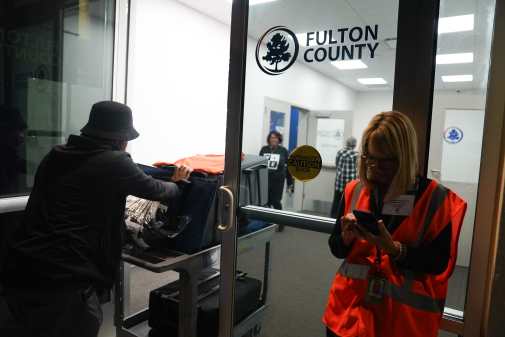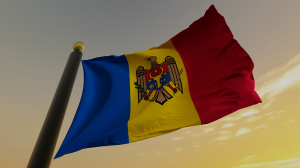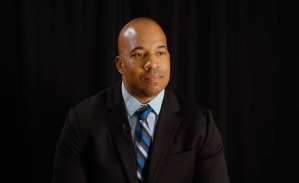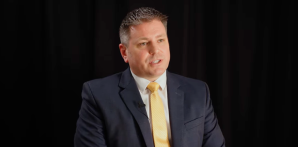Supreme Court rejects effort to limit government communication on misinformation
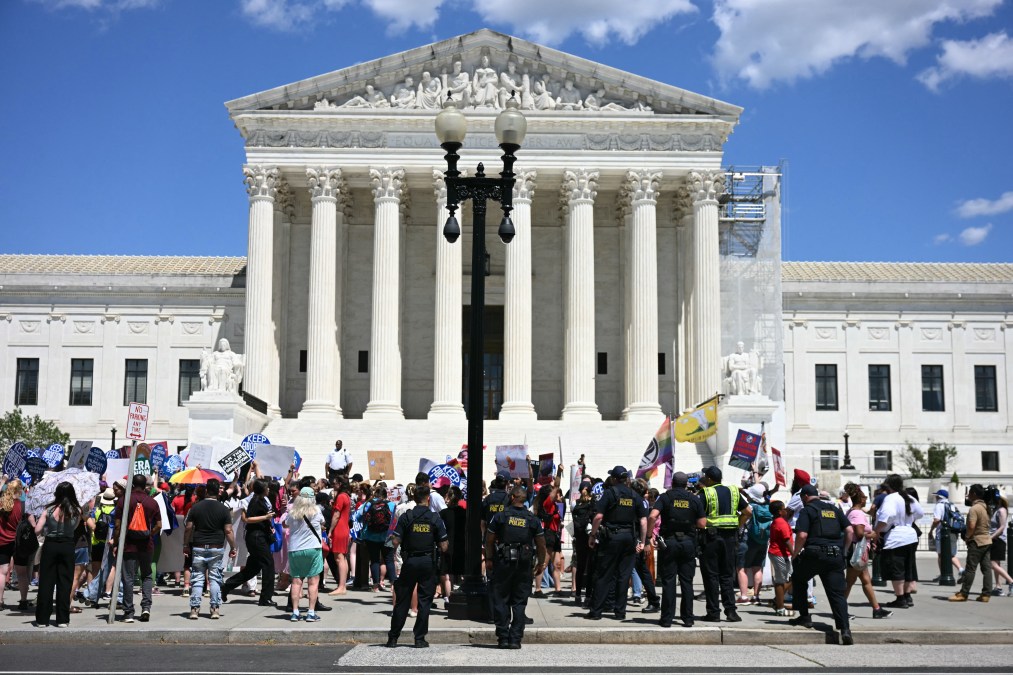
The U.S. Supreme Court on Wednesday rejected an effort by Republican states to sharply limit the ability of the federal government to share information with social media platforms to combat the spread of false information online — something the plaintiffs argued had resulted in censorship of conservative viewpoints.
The ruling represents a major victory for the Biden administration, whose communications with social media platforms sought to limit the spread online of election- and COVID-related misinformation. Those communications prompted attorneys general in Missouri and Louisiana to bring suit to limit information-sharing between the government and online platforms.
In a 6-3 ruling, the court concluded that the plaintiffs lacked standing to bring the suit and lacked sufficient evidence to prove that government communications had resulted in the restriction of online speech. The ruling overturned a ruling by the U.S. Court of Appeals for the Fifth Circuit that found the government had, through its regular communications and information-sharing efforts, effectively “coerced” the platforms into censoring content.
The Supreme Court threw out the case after determining the plaintiffs — two states and five individuals — had no standing to sue the federal government to obtain relief for actions taken by private companies.
“Here, the plaintiffs’ theories of standing depend on the platforms’ actions — yet the plaintiffs do not seek to enjoin the platforms from restricting any posts or accounts. Instead, they seek to enjoin the Government agencies and officials from pressuring or encouraging the platforms to suppress protected speech in the future,” Justice Amy Coney Barrett wrote in an opinion on behalf of the majority.
The court also concluded that the plaintiffs had failed to sufficiently prove that “a real and immediate threat of repeated injury” was imminent unless a court ruled in their favor.
The plaintiffs “must show a substantial risk that, in the near future, at least one platform will restrict the speech of at least one plaintiff in response to the actions of at least one Government defendant. Here, at the preliminary injunction stage, they must show that they are likely to succeed in carrying that burden. On the record in this case, that is a tall order,” Barrett wrote.
Responding to the court’s ruling, Missouri Attorney General Andrew Bailey said the state is not giving up and intends to use the decision to press lower courts to allow for additional discovery for evidence of standing and harm.
“My rallying cry to disappointed Americans is this: Missouri is not done. We are going back to the district court to obtain more discovery in order to root out Joe Biden’s vast censorship enterprise once and for all,” Bailey said.
The ruling puts to rest — for now — an effort that began in fringe conservative legal circles during the COVID-19 pandemic to use the courts to attack attempts by federal agencies to communicate and share information regarding mis- and disinformation as de facto censorship of free speech.
Defenders of the federal government’s efforts to inform platforms about false information online have called these interactions routine communications and that at no point did federal officials cajole, threaten or intimidate social platforms into making specific content moderation decisions.
Indeed, U.S. Principal Deputy Solicitor General Brian Fletcher argued to the court that records of communications between the government and platforms showed numerous instances in which the platforms denied government requests to take down posts or remove content, demonstrating that social media companies did not feel undue pressure to censor on the government’s behalf.
Wednesday’s opinion appears to validate the government’s position. The court concluded that the plaintiff’s arguments on what constitutes censorship are “startlingly broad” and that while communication records reflect that the government “played a role” in at least some of the platforms’ moderation choices, “the evidence indicates that the platforms had independent incentives to moderate content and often exercised their own judgment.”
The opinion notes that platforms have continued such content moderation efforts even after the government’s pandemic response wound down and stopped communicating in the wake of lower court rulings, indicating that their efforts were not due to coercion.
Agencies like the Cybersecurity and Infrastructure Security Agency and the FBI had responded to the Fifth Circuit’s earlier ruling by effectively freezing most communication with social media platforms around election-related disinformation, but it’s not clear that Wednesday’s ruling will open the door to renewed information-sharing between Washington and Silicon Valley.
Gowri Ramachandran, deputy director of elections and government at the Brennan Center for Justice, said that while the ruling indicates that the government communications flagged by the plaintiffs “are OK,” a decision on standing doesn’t provide any further direction for those communications going forward.
“I don’t think it’s easy for people to take any specific guidance from this case in terms of exactly how that communication should resume,” Ramachandran said.
A dissent authored by Justice Samuel Alito and joined by Justices Clarence Thomas and Neil Gorsuch rejected the majority’s interpretation of the communications between government and social media platforms, saying they showed that in some cases the government “continuously harried and implicitly threatened Facebook with potentially crippling consequences if it did not comply with their wishes about the suppression of certain COVID–19-related speech.”
Because the federal government wields vast regulatory and lawmaking authorities, the dissenting justices argued that these interactions, no matter how cordial, were infused with an implicit threat of retaliation against companies that did not carry out the government’s bidding. “It was blatantly unconstitutional, and the country may come to regret the Court’s failure to say so,” Alito wrote.
Proponents hailed the court’s ruling and expressed hope that the federal government would promptly resume efforts to coordinate with the private sector leading up to election day in November.
Nicole Gill, executive director and founder of Accountable Tech, a nonprofit focused on reining in the power of big tech companies, called cooperation between the government and platforms around foreign influence campaigns, election integrity and public health emergencies “essential to preserving public safety and a healthy democracy.”
“The lawsuits brought by Missouri and Louisiana were meritless and based on inaccuracies intended to weaponize the First Amendment, which would have undermined the government’s ability to defend the U.S. against election interference and disinformation campaigns, particularly in a critical election year,” Gill said in a statement.
Nora Benavidez, senior counsel and director of digital justice and civil rights for the nonprofit group Free Press, said that because the case was thrown out for lack of standing, the ruling did not settle the primary legal argument at hand: whether the First Amendment restricts all or most government engagement around private speech. But the ruling should clear the way for federal agencies to continue the kind of regular information-sharing that has taken place in previous years.
“There are essential moments when our government should be allowed, even encouraged, to contact private companies like social-media platforms and provide factual information to them,” Benavidez said, “especially when issues of foreign interference, election integrity, national security and encouragement of violence crop up online and pose real-world threats.”
This story was updated June 26, 2024, with comments from Missouri AG Andrew Bailey.
